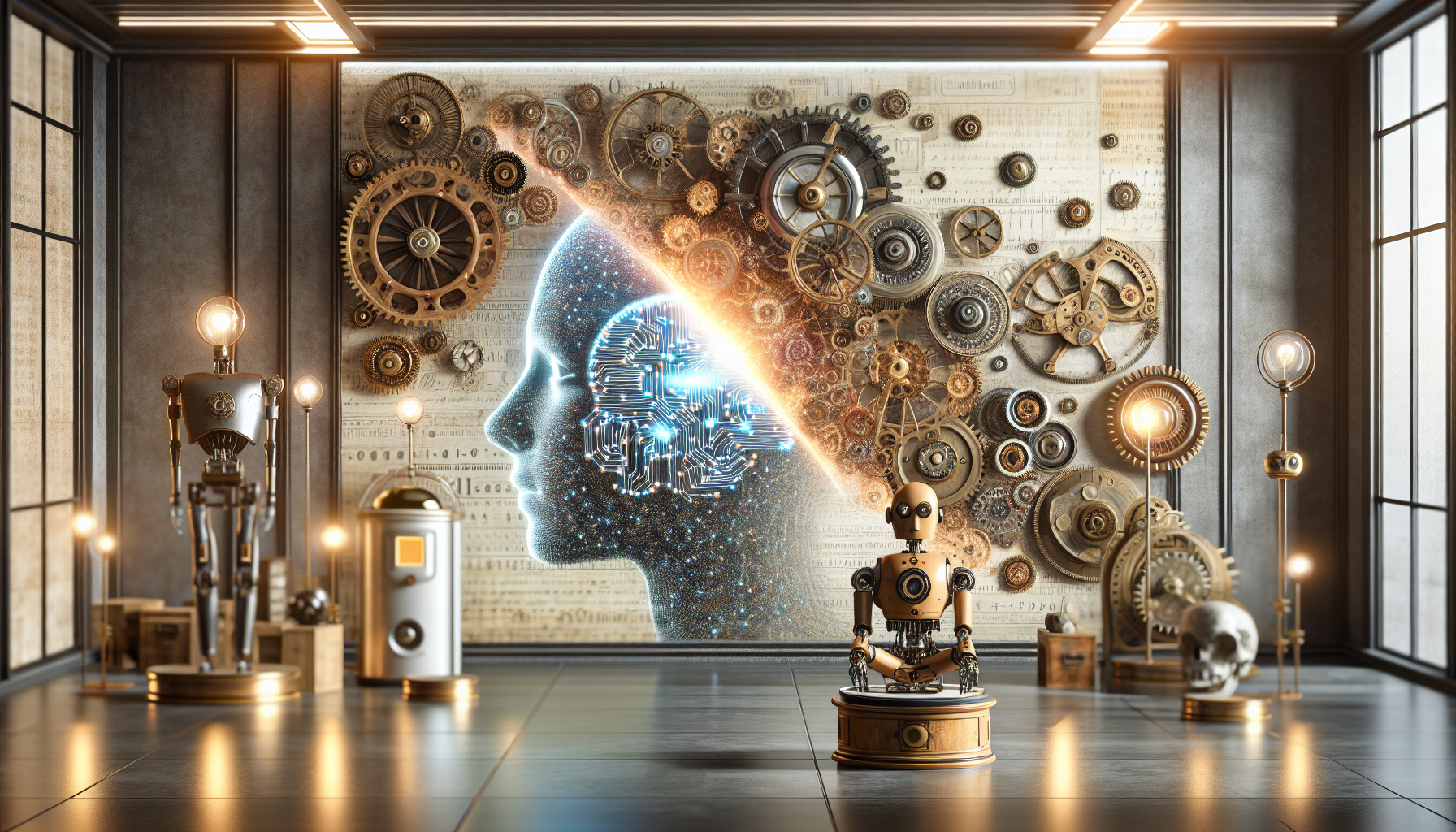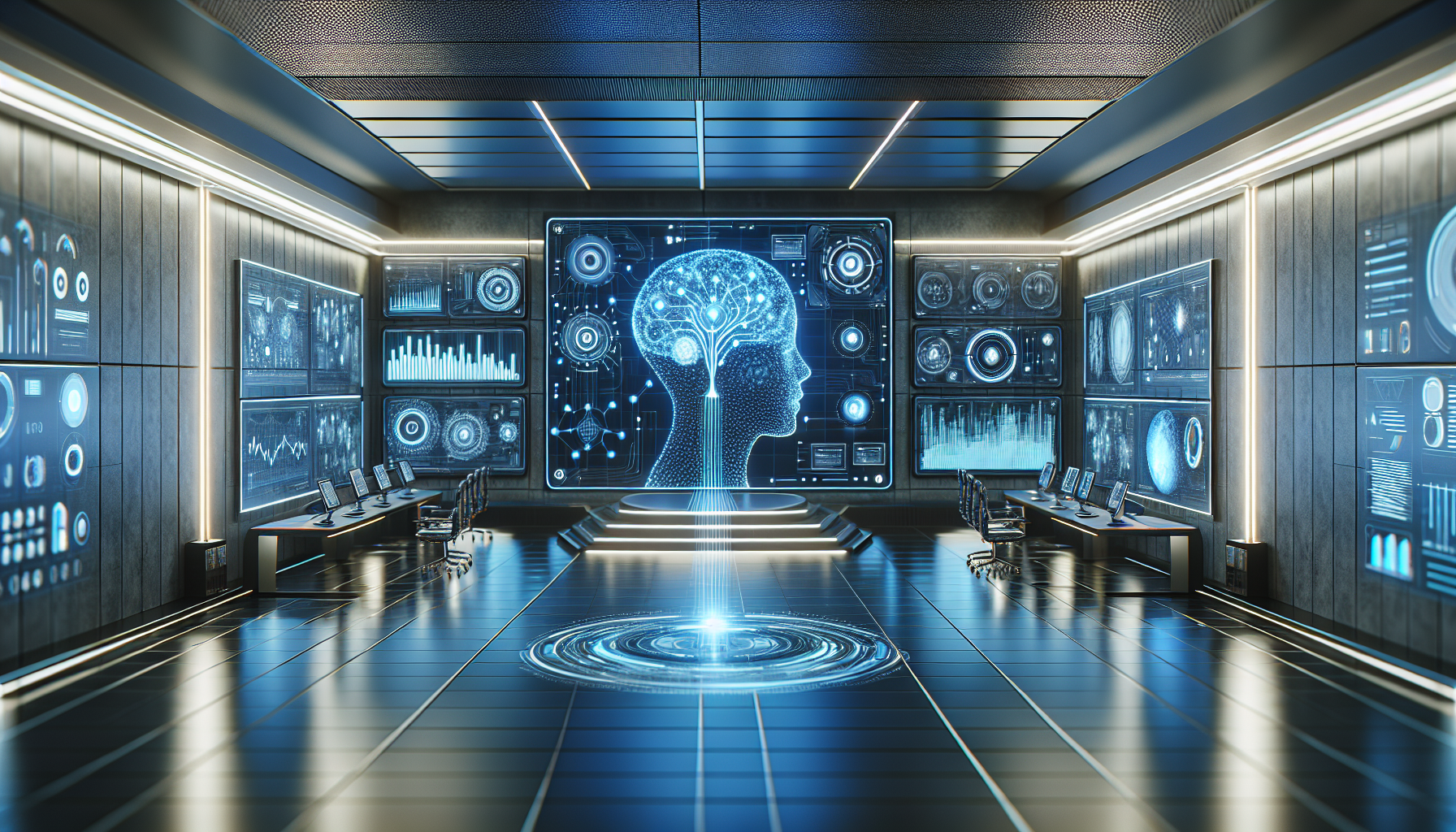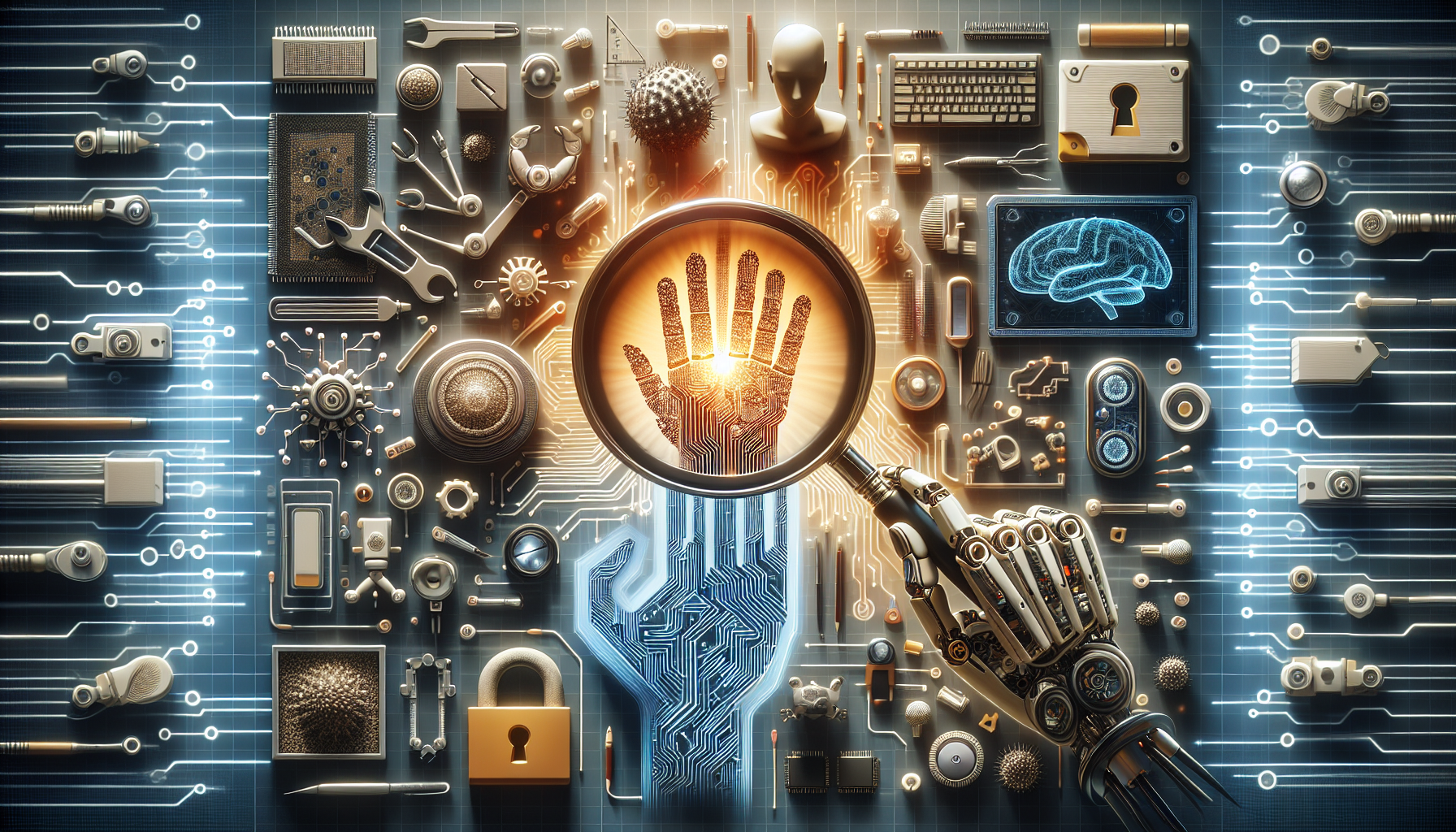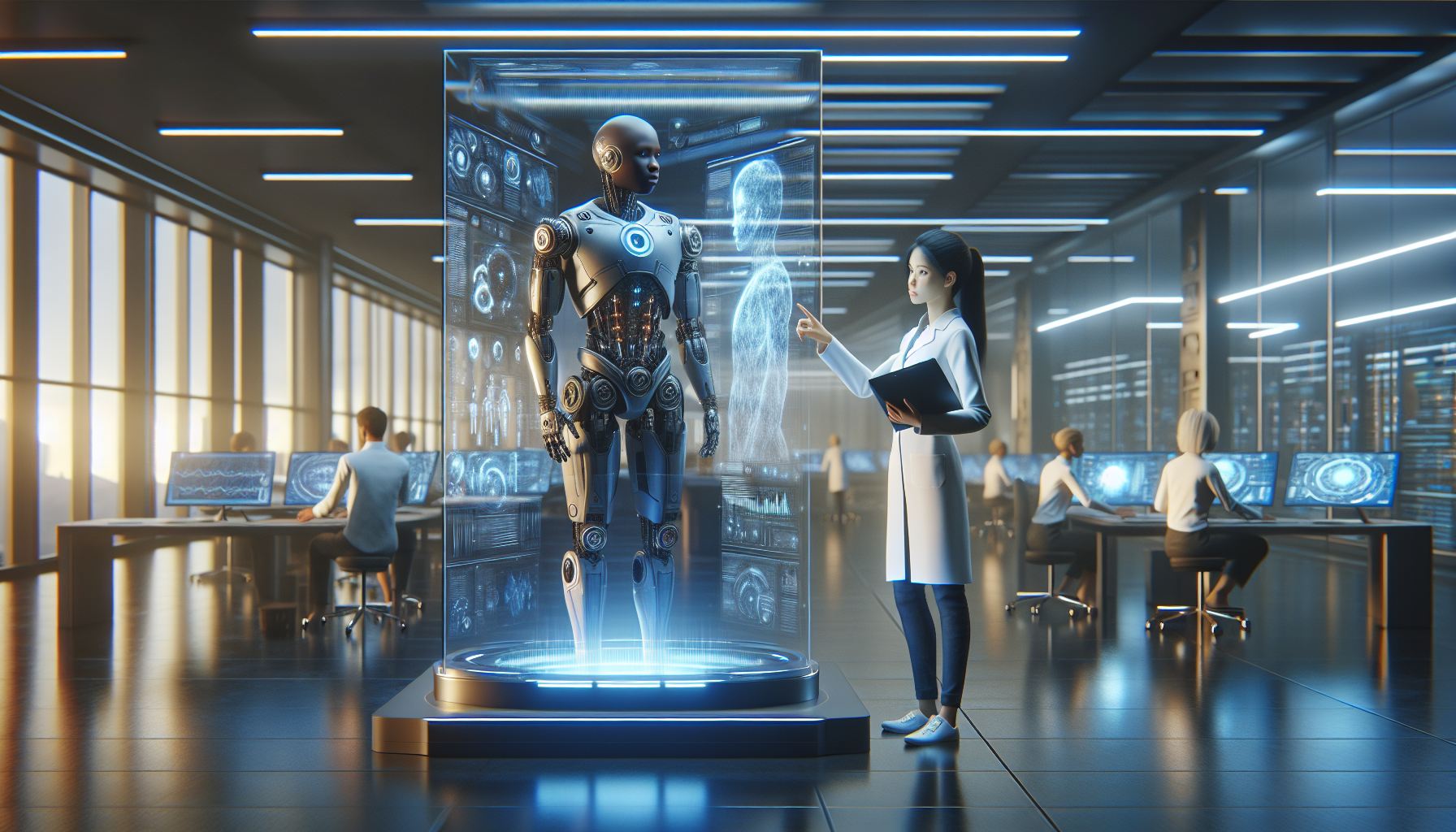
AI for Social Good: Historical Milestones and Future Possibilities
July 18, 2025
Let's take a moment to appreciate how artificial intelligence has matured into a force for social good. While AI often conjures images of futuristic cities or dystopian narratives, its roots and journey in addressing global challenges tell a story that’s both fascinating and inspiring. The historical perspective of AI isn’t just about algorithms and machines—it’s about people, visionaries who dared to dream and the societal quests they embarked upon.
To understand AI's role in social good, we need to step back and look at its origins. Think of early AI as a curious toddler, exploring the world with endless possibilities. Researchers and developers, like proud parents, nurtured this fledgling technology, seeing its potential to solve real-world problems. But how did these initial sparks of innovation translate into powerful tools for addressing global issues?
The journey began with small steps. In its early days, AI was harnessed to tackle specific tasks with precision and efficiency. From aiding in complex calculations to streamlining processes in industries, AI quickly became a valuable ally. But its true potential for social good started to reveal itself when applied to humanitarian efforts.
One of the first significant milestones was AI’s role in disaster response. Imagine a world where, after a natural disaster, AI systems could analyze satellite images to locate survivors or assess damage far quicker than any human team. This capability turned out to be not just a dream but a reality, saving countless lives and providing critical support during crises.
AI's application didn't stop there. As its capabilities grew, so did its impact. In healthcare, for example, AI began to assist in diagnosing diseases, predicting outbreaks, and personalizing treatment plans. This was a game-changer. Doctors and medical professionals suddenly had a powerful tool at their disposal, enhancing their ability to save lives and improve patient care.
Education, too, saw a transformation. AI-powered tools started to personalize learning experiences, helping students in remote areas access quality education and learn at their own pace. This democratization of education promised a more equitable world, where knowledge could reach every corner, regardless of geographical constraints.
Environmental concerns have also been at the forefront of AI’s transformative journey. Consider how AI models have been used to monitor climate change, manage natural resources efficiently, and even help in wildlife conservation efforts. By analyzing vast amounts of data, AI provides insights that were previously unimaginable, fostering a deeper understanding of our planet and its complexities.
However, this narrative isn't just about technological triumphs. It's also a tale of ethical considerations and the responsibility that comes with power. As AI systems became more ingrained in societal structures, questions about data privacy, bias, and accountability arose. The historical perspective of AI for social good is as much about addressing these ethical challenges as it is about technological advancements.
Visionaries in the AI community have worked tirelessly to ensure that this technology remains a force for good. Initiatives focused on creating ethical AI systems, promoting transparency, and involving diverse voices in AI development have become integral to its progress. These efforts highlight a commitment to ensuring that AI serves humanity in equitable and fair ways.
Looking ahead, the possibilities seem endless. Imagine AI systems that not only predict and mitigate the effects of climate change but also help create sustainable solutions. Picture a world where AI bridges the gap between healthcare and accessibility, ensuring that everyone, regardless of their circumstances, receives quality care. Envision education systems that adapt and evolve with each student, fostering a global community of lifelong learners.
In recounting the historical journey of AI for social good, we are reminded that technology, at its core, is about people. It’s about harnessing the power of innovation to tackle the most pressing issues of our time. As we ponder the future, one can't help but wonder: How will the next chapter of AI's story unfold? What new challenges will it rise to meet, and how will it continue to shape a world that reflects our deepest hopes and aspirations?
The narrative of AI is still being written, and as it evolves, it invites us all to participate, to question, and to dream. What role will each of us play in this unfolding saga, and how can we ensure that AI remains a beacon of hope and possibility for generations to come?


